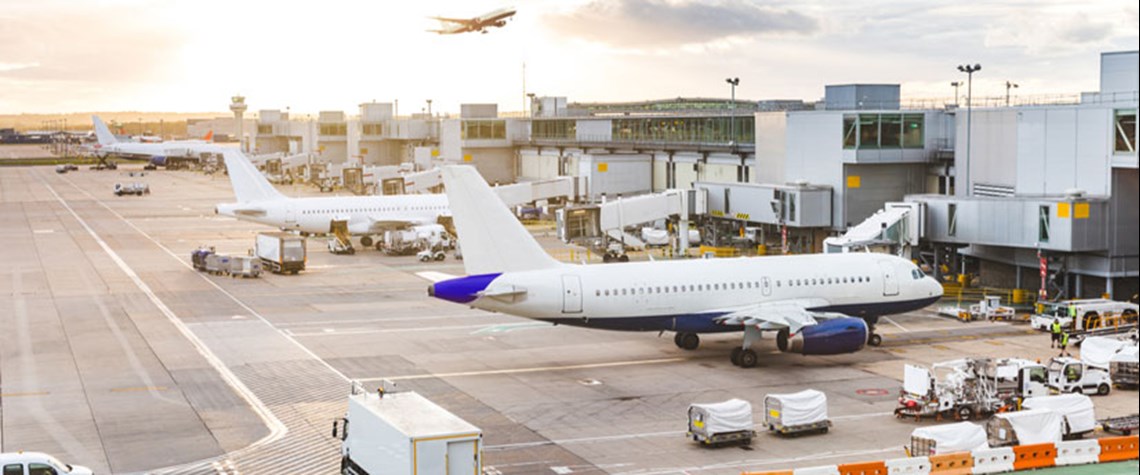Aviation decarbonisation set for takeoff
Energy efficiency improvements and use of sustainable aviation fuel seen as key to cutting emissions by 2050
The global aviation industry has a long way to go to meet its commitment to slash carbon dioxide (CO₂) emissions to half of 2005 levels by mid-century, let alone its ultimate goal of net-zero emissions. But the industry is optimistic it can achieve deep decarbonisation over the next three decades, Robert Boyd, assistant director and head of sustainable aviation at the Geneva-based trade group the International Air Transport Association (IATA), tells Transition Economist. IATA represents almost 300 airlines worldwide. The industry has been laying the groundwork since 2009, when it was the first to commit to large emission reductions on a global scale, while technological advancement has been

Also in this section
22 July 2025
Sinopec hosts launch of global sharing platform as Beijing looks to draw on international investors and expertise
22 July 2025
Africa’s most populous nation puts cap-and-trade and voluntary markets at the centre of its emerging strategy to achieve net zero by 2060
17 July 2025
Oil and gas companies will face penalties if they fail to reach the EU’s binding CO₂ injection targets for 2030, but they could also risk building underused and unprofitable CCS infrastructure
9 July 2025
Latin American country plans a cap-and-trade system and supports the scale-up of CCS as it prepares to host COP30








